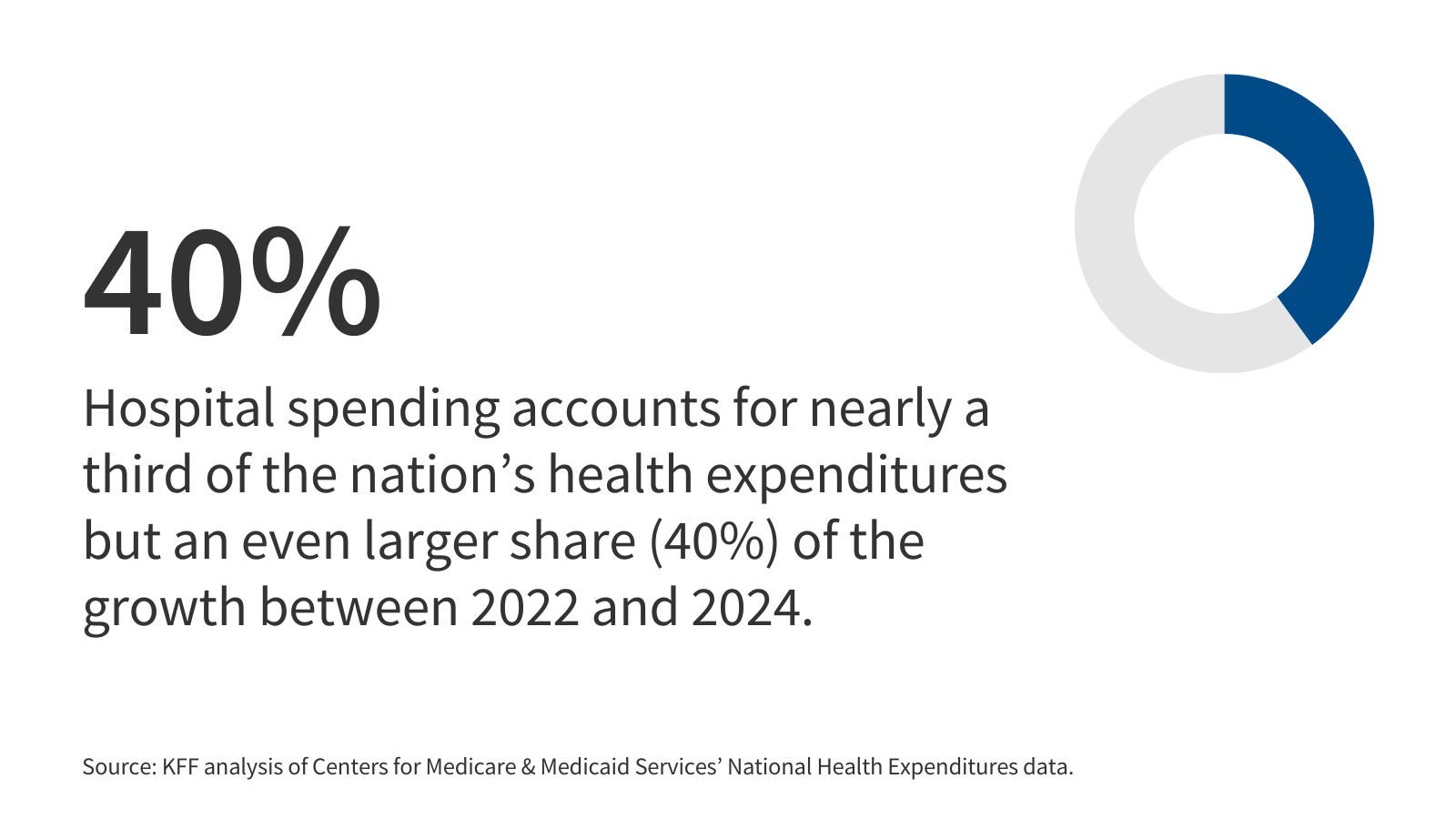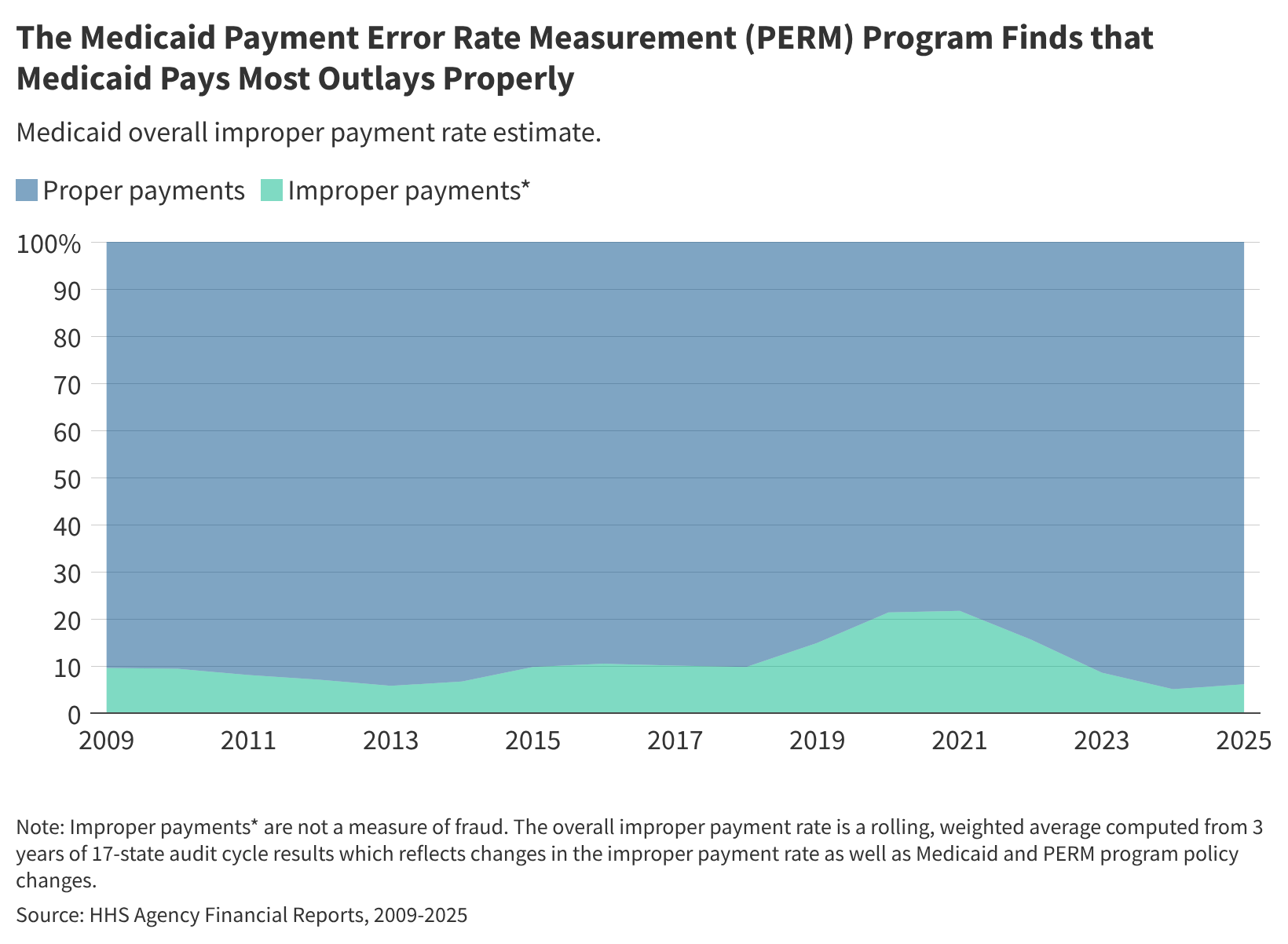Medicare agents and brokers are trying to get a handle on a rapidly changing health landscape, but, in some respects, there are more questions than answers.
That sense of uncertainty, even worry, was palpable at Medicarians in Las Vegas on March 30 to April 2. Medicarians hosts stakeholders ranging from agents and brokers, to carriers to investors, to regulators each year.
The multiday conference focused on upcoming Medicare regulations, now released through the Medicare Advantage (MA) final rate notice and a 2026 final rule, and how the industry should adapt to the Trump administration’s radically different approach to healthcare
A main theme throughout the days’ panels? It’s not clear the steps leadership at the Department of Health and Human Services (HHS) will take to reverse chronic disease, grow MA or function under a new reorganization and reductions in force—and that’s making it hard to prepare for the future.
“We’re trying to figure out what’s going on and we’re all watching the clues,” said Helaine Fingold, a partner at Epstein Becker & Green, during her session.
Below are four takeaways from the conference.
Medicare Advantage
MA proponents were quick to justify the program but did not hesitate in calling out its failures.
During his confirmation hearing, Centers for Medicare & Medicaid Services (CMS) Administrator Mehmet Oz, M.D., agreed with criticism of the program from Democratic and Republican lawmakers alike, including complaints like prior authorization, upcoding and broker misbehavior. SCAN President and CEO Sachin Jain echoed this sentiment at Medicarians.
(Medicarians)
“I’m the first person to call my baby ugly,” he said, referencing poor practices surrounding in-home risk assessments, deceptive marketing practices and unutilized supplemental benefits that all contribute to a poor view of the program. “But what I will tell you is the following: the other baby is uglier.”
That other baby, in his eyes, is traditional Medicare, a program he considers to be unaffordable for too many Americans.
Today, approximately 54% of the Medicare population is enrolled in an MA plan. Enrollment is expected to increase over the next decade as the population ages and more beneficiaries choose the program.
There’s room to rethink MA so it is working better for enrollees, speakers said.
“I think Dr. Oz, RFK Jr., and the Trump administration has an opportunity to do a reset and have a master plan for the future,” said Fran Soistman, CEO and director of eHealth. “One that’s thoughtful, that isn’t year-to-year.”
Under the Make America Healthy Again coalition, the new administration has prioritized prevention to improve outcomes. Oz has supported expanding plan enrollment over several years to encourage a longer term approach, for example.
“I think MA, in pockets, has been really focused on prevention, but writ large, it’s really just taking this fee-for-service system and then kind of applied it to a private insurance model,” said Jain. “The next 10, 15, 20 years, if we’re really thinking about Making America Healthy Again, we’re going to focus much more on upstream prevention.”
Better Medicare Alliance CEO and President Mary Beth Donahue, a strong defender of MA, expressed support onstage with streamlining prior authorization. Denials in MA increased from 2021 to 2022, KFF data show.
(LinkedIn)
Panelists also pushed leadership to revamp, but not ditch entirely, the current star ratings system by evolving the measures through a chronic disease prevention lens. Others are waiting to see the direction health equity takes.
“There’s a purge now on using the words ‘health equity’ in this administration,” said Woodrow Myers, M.D., managing director of Myers Ventures. “I worry a great deal about that, and I worry too that we have not really evolved the star system the way we should. We want to mend it, not end it.”
The health equity index within the star ratings system has since been rebranded to the Excellent Health Outcomes for All (EHO4all) reward.
But it’s unclear what direction the administration would take on many crucial issues, panelists at the conference noted.
HHS RIFs
Hanging over the conference was anticipated, and then breaking, news about wide-scale layoffs at the HHS, including a reorganization that sees offices close and consolidate under a new Administration for a Healthy America.
(LinkedIn)
The department is now reduced by 20,000 employees after firings, reductions in force, early retirement offers and buyouts. Though the administration argues the department will be more efficient and streamlined, some aren’t sure that is the reality.
“Unfortunately, I don’t think we know the answer to that,” said Myers. “It’s not clear to me if there even is a vision.”
Since then, RFK Jr. said some of the firings were a mistake and would be reinstated. Probationary employees fired earlier this year at the Food and Drug Administration (FDA) were asked to return, Fierce Healthcare reported.
And, in a CBS News interview, RFK Jr. seemed unaware of the extent of the $11 billion in grant cuts to local and state health programs.
“Again, the lack of a plan, the random non-thoughtful process they’re undertaking just seems a recipe for disaster,” added Fingold.
Core functions of the HHS will likely continue working as expected, strategy firm Capstone said in an analyst report Monday. This means the firm does not expect drug approval or Medicare and Medicaid rulemaking to be impacted by the current staffing levels at the HHS.
Enhanced subsidies
Slowly approaching, at the end of the year, is the expiration of enhanced subsidies under the Affordable Care Act. Congress, however, has its attention turned toward a sprawling reconciliation bill and other spending priorities, while there is skepticism among conservatives these subsidies should be continued.
That spells bad news for carriers relying on these funds, said Jeffrey Grant, former deputy director for Operations in the Center for Consumer Information and Insurance Oversight at CMS. He now runs Schedule F Healthcare Strategies.
“I don’t think Congress has its act together such that it’s going to be able to redesign the subsidy package to pass a different kind of enhanced subsidies,” he said. “It’s not about the subsidies. It’s about all the work Congress has to do.”
Cynthia Cox, vice president at Kaiser Family Foundation, said its possible Republicans opt to pass a one year extension of the subsidies to avoid an issue that could plague the party in midterm elections.
C-SNPs
Another hot topic at Medicarians was the growth in chronic special needs (C-SNP) plans, designed specifically for individuals with a certain condition.
(LinkedIn)
Fewer individuals enrolled in MA last annual enrollment period than the previous year, but special needs plan growth increased by 665,000 members. Dual-eligible special needs plans increased as well, but were outshined by C-SNP plans.
“This growth largely accrued to United, Humana and Elevance, which grew 100%, 52%, and 34%, respectively,” said healthcare analytics firm Chartis in a recent report. “The three plans make up more than 80% of the C-SNP market.”
Despite the strength and promise of the market, Kortney Cruz, senior vice president of government markets for Independence Blue Cross, said it may not be advantageous for all smaller carriers.
“I am always very cautious on following the shiny penny,” she said. “Just because the biggest of the biggest can do it doesn’t mean that it’s right for every carrier.”
She says the C-SNP plans are promising as the Medicare population ages and more types of specialized plans are required to deliver a high quality of care.
Zing Health Chief Growth Officer Ben Miller says he believes the CMS will continue to support the plans’ growth.
“I think it is clear CMS is excited about C-SNPs,” he said. “It’s clear that the focus of building a plan specifically for a condition is something CMS is looking for us to do.”
Publisher: Source link










